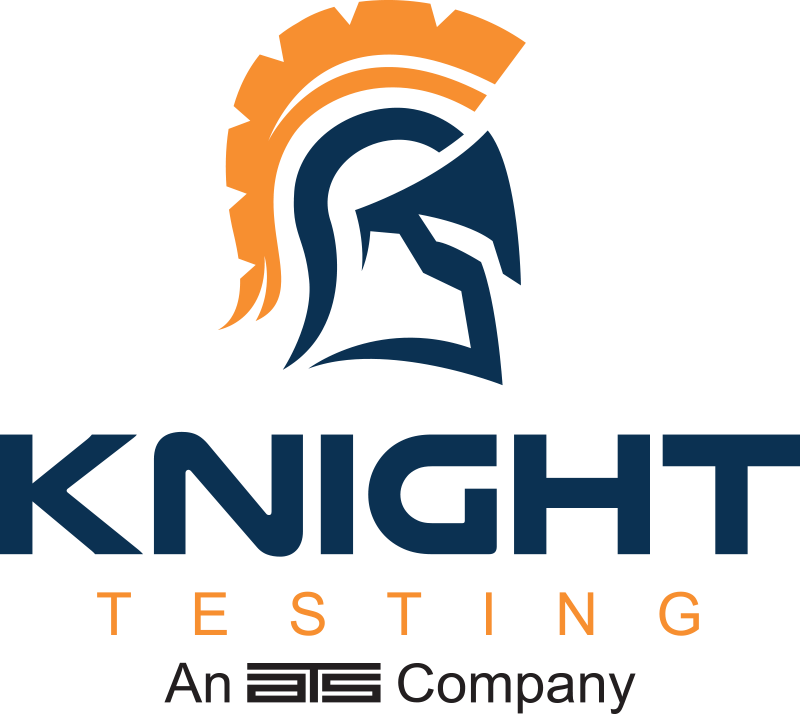Spinal Implants Testing
Spinal Implants
Testing
Spinal implants undergo a significant amount of force within the human body; thus, testing the durability of these devices is vital toward the safety of the user.
While numerous standards exist for common devices such as cages, plates, and screws, the pace of device development in spine far exceeds the development of standards that govern how they are tested. With ever-evolving requirements from regulatory bodies, bringing a new spinal implant to market is a daunting task.
Knight Testing provides a variety of testing services for this industry. Our world renowned medical device testing allows your company to mitigate risk and ensure necessary testing for regulatory approval.
Some commonly tested orthopedic spinal devices are listed below:
- Cervical and lumbar plating systems
- Lumbar pedicle screws
- OCT plate and screw systems
- Spinal spacers (IBFD and VBR)
- Interspinous spacers
Contact us to discuss a comprehensive and streamlined approach to testing your new spinal implant.
Spinal Implant Testing Standards and Protocols
Bellow follows a list of testing standards specific to spinal implants. Our laboratories have the ability to test to each of these standards:
- ASTM F1717 — Standard Test Methods for Spinal Implant Constructs in a Vertebrectomy Model
- ASTM F1798 — Standard Guide for Evaluating the Static and Fatigue Properties of Interconnection Mechanisms and Subassemblies Used in Spinal Arthrodesis Implants
- ASTM F2077 — Test Methods For Intervertebral Body Fusion Devices
- ASTM F2193 — Standard Specifications and Test Methods for Components Used in the Surgical Fixation of the Spinal Skeletal System
- ASTM F2267 — Standard Test Method for Measuring Load Induced Subsidence of Intervertebral Body Fusion Device Under Static Axial Compression
- ASTM F2706 — Standard Test Methods for Occipital-Cervical and Occipital-Cervical-Thoracic Spinal Implant Constructs in a Vertebrectomy Model
The test methods published by ASTM and required by FDA do not generally give acceptance criteria. The user is generally left to conduct side-by-side comparison testing, demonstrating that the results compare favorably to a predicate, or previously cleared, device. This presents problems for device manufacturers, especially small companies without a history of cleared products which could be used as a basis for comparison. Since FDA cleared devices are technically available by prescription only, samples to be used for testing are very difficult to obtain, and can present cost and legality challenges.
In order to help remedy this situation, FDA and ASTM recently collaborated on journal articles in which a summary of all cleared spinal cage data was published for both lumbar and cervical indications. This can be used by device manufacturers as a basis of comparison for test results of their own device from ASTM F2077 and ASTM F2267. This is just the start; similar publications are being drafted now for other spinal devices as well as implants used in other areas of the body. Links to the journal articles are below:
Cervical Cage Data: https://www.ncbi.nlm.nih.gov/pubmed/28256243
Lumbar Cage Data : https://www.ncbi.nlm.nih.gov/pubmed/30060922
Lumbar Cage Data : https://www.ncbi.nlm.nih.gov/pubmed/30060922
Knight Testing has the expertise and equipment to properly test spinal implants. The test reports prepared by our engineers are routinely used for submission to various global regulatory bodies such as the FDA. Additionally, we provide continued support during the approval process for your device.
